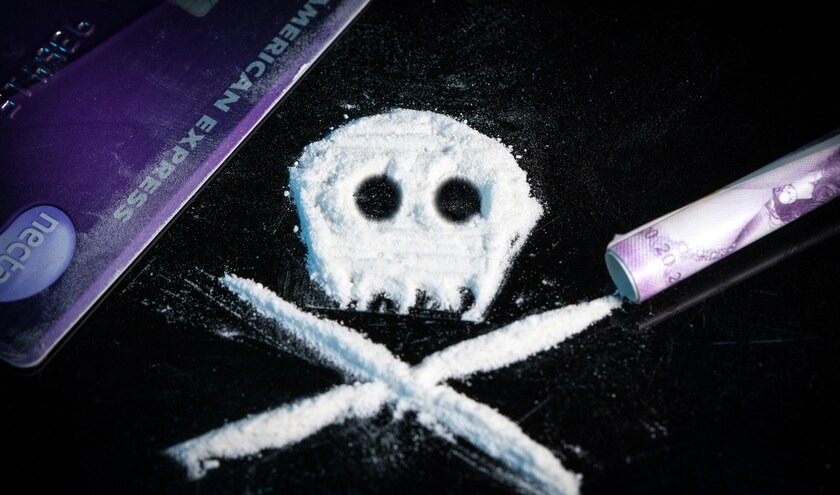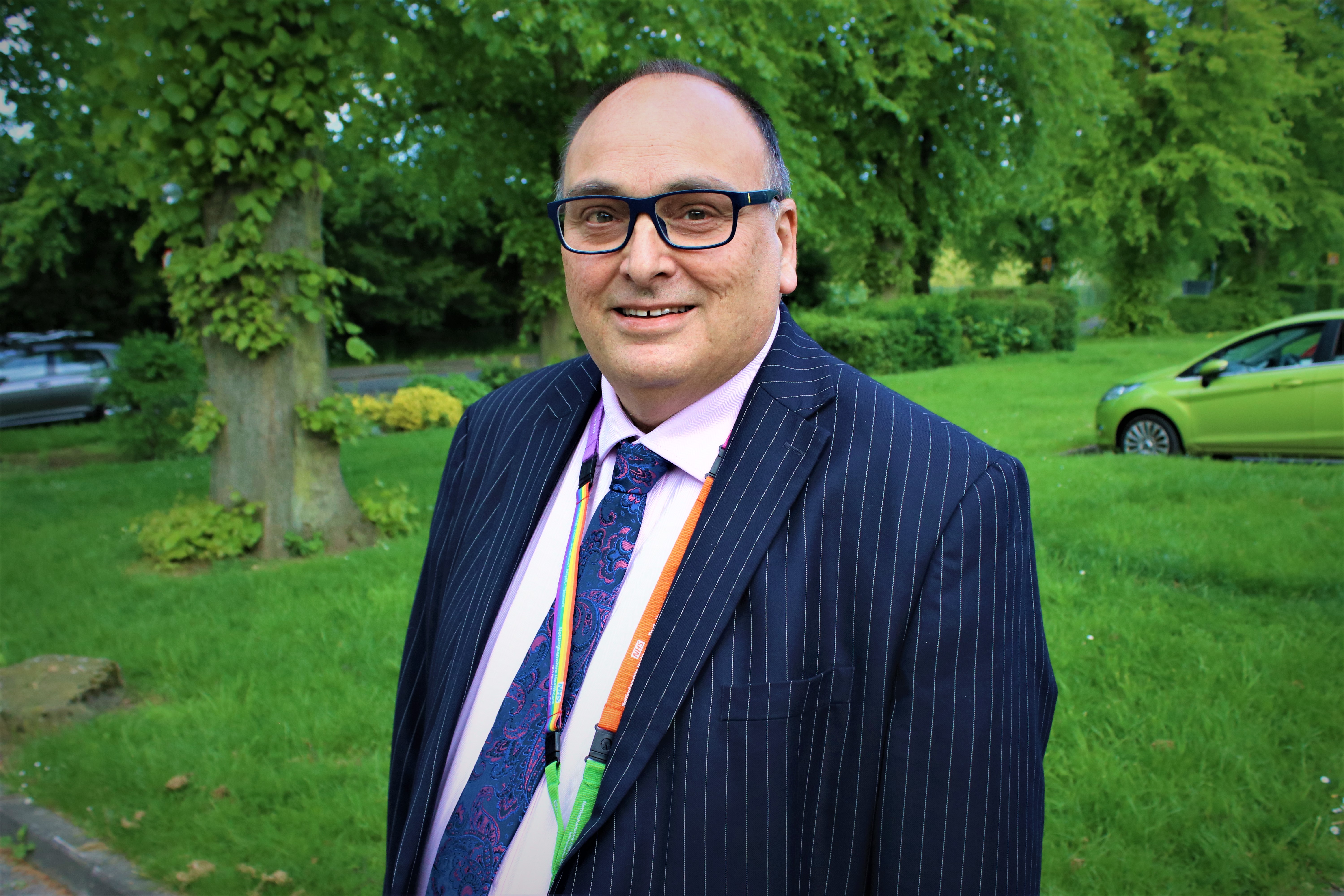Part of a national pilot and backed by increased Scottish Government funding of more than £1.5m, the site will analyse samples to help respond to emerging trends, such as highly-dangerous synthetic substances. People will be able to submit drugs for testing and receive harm-reduction advice alongside the results.
The Leverhulme Research Centre for Forensic Science (LRCFS) at the University of Dundee will provide more complete analysis of samples from the local sites, giving vital information for the national early warning system.
In addition, a proposal for a drug-checking service in Glasgow has been approved by the Home Office. Applications for similar services in Aberdeen and Dundee have been submitted to the Home Office, while a fourth facility in Edinburgh is working on its application.
Drugs and alcohol policy minister, Maree Todd, said: ‘The University of Dundee has a strong reputation for forensic science and reaching this agreement, along with the licence approval for the first drug-checking site, are vital steps in our National Mission on drugs.
‘It is particularly important in light of the current dangers posed by new synthetic opioids like nitazenes, which raise the risk of overdose and death. Often people who use drugs are not aware of exactly what they contain. That is why we have consistently impressed upon the UK Government the importance of giving drug-checking facilities the go-ahead.
‘We will now work at pace with local partners in Glasgow and all the pilot cities to get these services up and running as soon as possible.'
Glasgow City convener for workforce, homelessness and addiction services, councillor Allan Casey, said: ‘The service will complement other harm-reduction services in operation across the city and provide an opportunity to engage people in conversations about their health and wellbeing, as well as treatment, care and recovery.'



